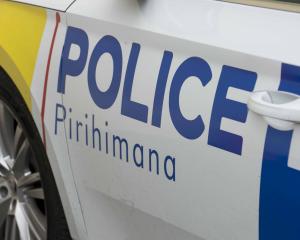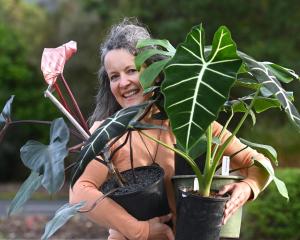Plans for a "super ward" that could give voters a far greater say on which councillors represent the city have been supported by the Dunedin City Council.
It is now the turn of the city's voters to have their say on the issue before a final ruling is made.
The changes would see the city council's system of wards scrapped in favour of a super ward, with 11 councillors representing the urban area, and three councillors representing two rural seats.
A recently completed representation review report was considered at an extraordinary council meeting yesterday, and review team chairman Judge John Macdonald and members Hilary Allison and Prof Geoff Kearsley answered questions.
Mayor Peter Chin and Colin Scurr were the other members of the review team which recommended the super ward option.
That option was supported almost unanimously yesterday, with only Cr Teresa Stevenson not backing the idea.
She chose to abstain.
Less than 50% of voters bothered to vote in the 2007 election and Mayor Peter Chin yesterday encouraged them to get involved in public consultation on the representation review.
It was disappointing so many people had chosen not to vote in recent years, he said.
"When you talk about democracy all the time, one has actually got to walk the talk."
Cr Weatherall yesterday raised his concerns about representation for those in his Green Island-Saddle Hill ward, asking the review team whether it considered splitting the Brighton end from Green Island and including it with the more rural Taieri zone to which it appeared to be more aligned.
Prof Kearsley said issues considered included the area's geography, access and the lifestyle of residents.
"It wasn't a simple decision."
One of several options would have been possible, Prof Kearsley saidCr Fliss Butcher said the Waikouaiti-Chalmers ward would have eight elected members, while the Otago Peninsula area would have 18, and asked whether Waikouaiti-Chalmers was being "disenfranchised".
Prof Kearsley responded that evidence showed the review team's option was the better one at the moment.
"If the public thinks it's wrong, they will tell us."
During a short debate, Cr Stevenson said voters in areas with low turnout at elections needed representation, and she used North and South Dunedin as examples, though Cr John Bezett said South Dunedin had a high turnout.
Cr Stevenson said those areas needed even smaller wards with one or two councillors, community boards or community associations.
Asked why that would give better representation, she said if a councillor voted into a small ward "gets off their butt" they could better represent the area.
Her amendment to that end lapsed for want of a seconder.











